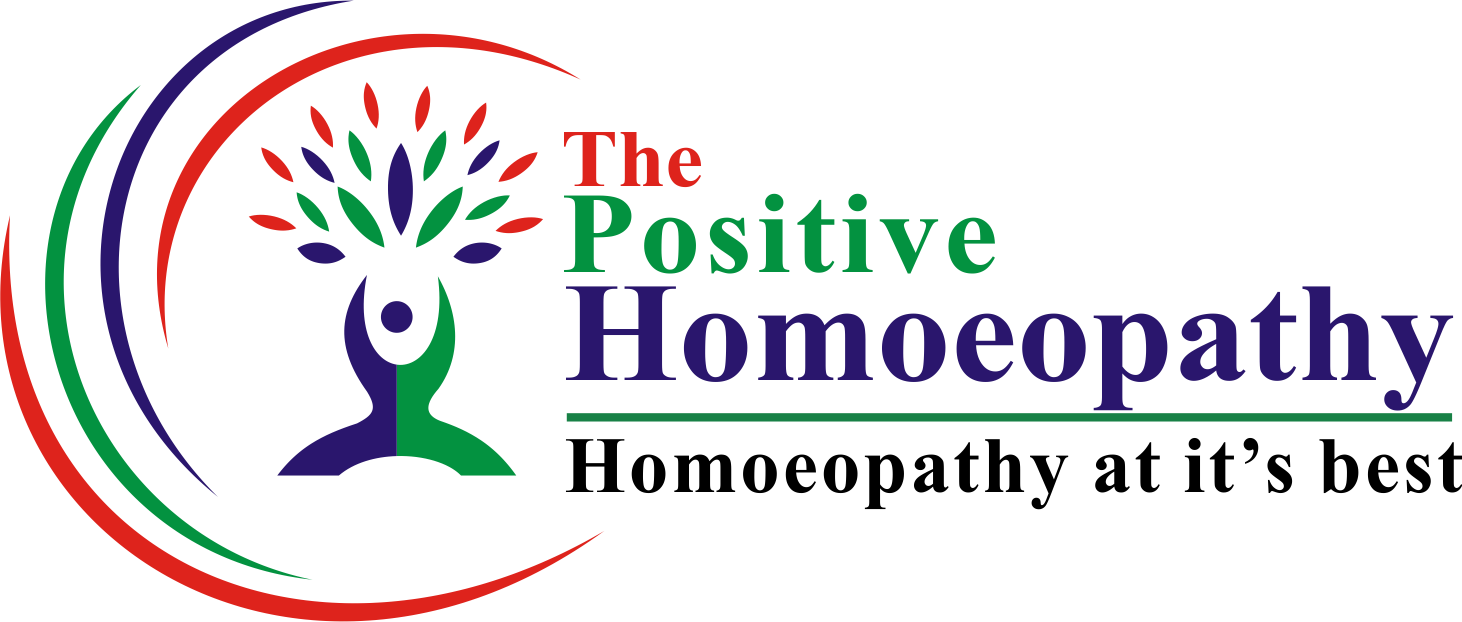Homeopathic Treatment for Kidney Problems: A Natural Healing Approach
Kidney failure, also known as end-stage kidney disease, is a medical condition in which the kidneys are functioning at less than 15% of normal levels. Symptoms may include leg swelling, feeling tired, vomiting, loss of appetite, and confusion . When kidney disease progresses and reaches dangerous levels(creatinine more than 7 mg/dl), it may eventually lead to Homeopathy Kidney Failure, which requires dialysis or a kidney transplant to maintain life. Homeopathy is an ideal and effective form of treatment for CKD. Early detection and treatment can often keep chronic kidney disease from getting worse. The prescription is based on the patient’s symptoms and underlying cause of the disease. Though kidneys of all people, might have common actions and functions, the kidneys in each individual might have different afflicting causes and have, therefore, different remedies. This is the basic principle of the science of Homoeopathy.
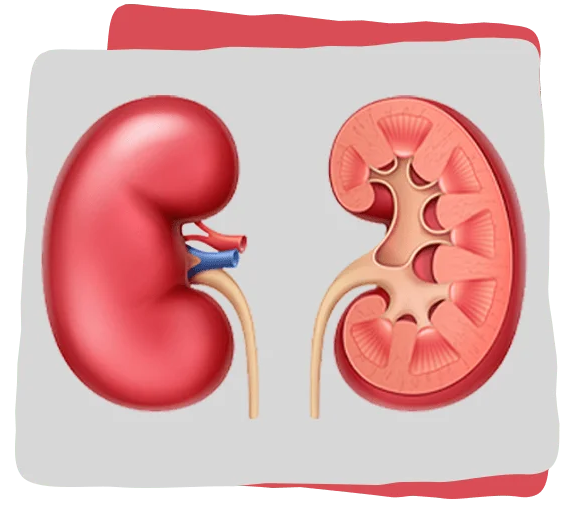
Causes of Homeopathy Kidney Disease
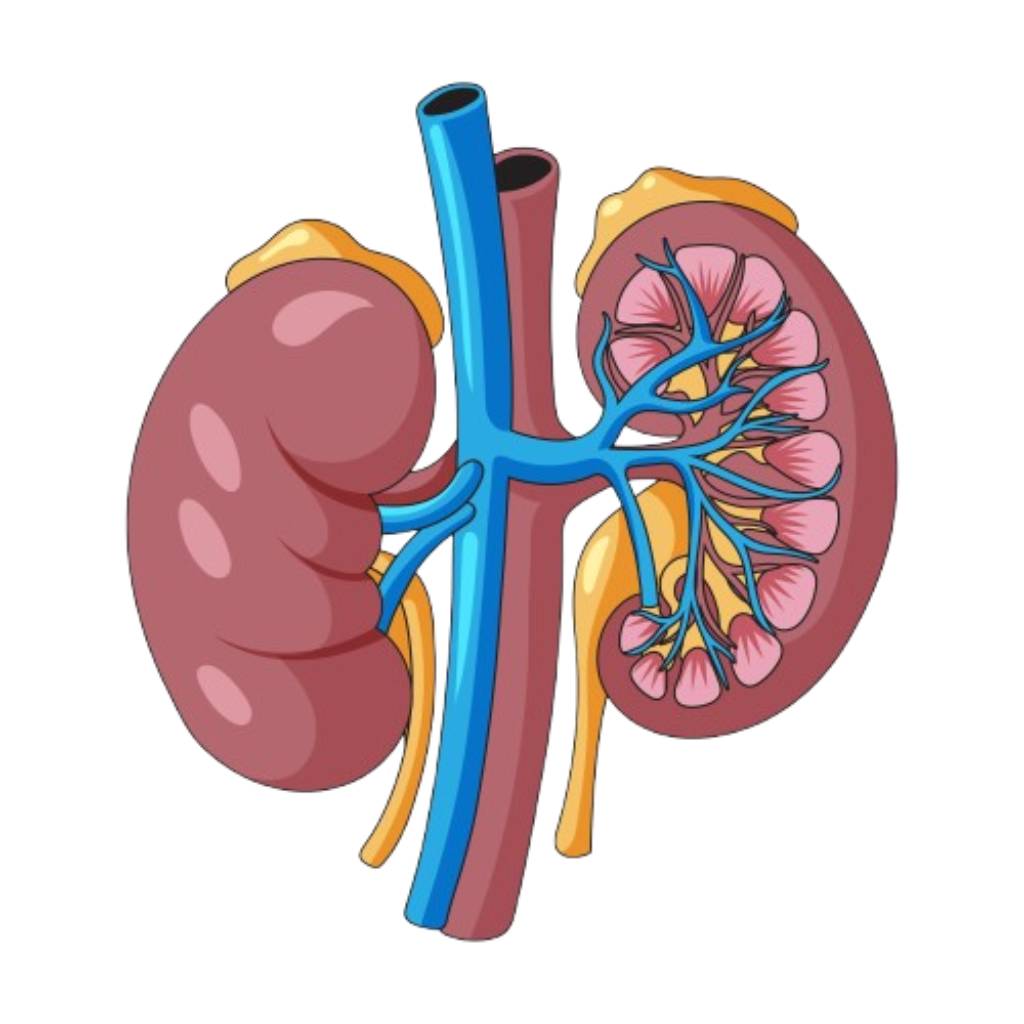
Diabetes
Kidney damage and thickening can result from elevated blood glucose levels.Furthermore, diabetes can cause the kidneys to overwork themselves and filter too much waste, which can encourage the growth of dangerous enzymes.
High Blood Pressure
Long-term high blood pressure damages the kidneys’ blood vessels, making it more difficult for them to filter waste and excess fluid from the blood, which causes the body to accumulate toxins.
Symptoms of Kidney Failure Disease

Loss of Appetite
About one-third of patients experience worsening loss of appetite as chronic kidney disease (CKD) progresses.

Blood in the Urine
A kidney condition called glomerulonephritis can cause blood in the urine that’s only visible under a lab test, not to the naked eye.

Difficulty Sleeping
Sleep difficulties or insomania are common CKD symptoms. Both mental and physical health issues can cause this sleeplessness.

Nausea and Vomiting
These symptoms can happen because of medicines, constipation, or a buildup of toxins in the body.

Fatigue and Weakness
About 70% of people with CKD feel tired, and 25% of them have severe fatigue.

Foamy or Bubbly Urine
This symptom usually shows up in the later stages of kidney disease, so you should see a doctor right away.

Muscle Cramps or Twitching
Damage to the nerves can cause muscle twitching, cramps, weakness, and pain.

Changes in Urination Patterns
If you are urinating more frequently, especially at night, it could be a sign of kidney disease.

Swelling in the Legs, Ankles, or Feet
This happens when the kidneys can’t remove extra fluid, leading to water buildup in the body.
Meet Our Homeopathy Kidney Specialists

At The Positive Homoeopathy, we believe that true healing begins with understanding and care. That’s why our experienced and specialized doctors are committed to more than just treating symptoms, We focus on treating the whole person.
We know that every patient is unique, and so is our approach. Your health is our highest priority, and your satisfaction is the true measure of our success. As a trusted centre for Homeopathy Kidney Failure Treatment in Ghaziabad, we are proud to have helped thousands of people regain control over their health, and we are here to help you too.
Types of Kidney Diseases
There are several types of kidney disease:
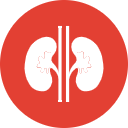
Chronic Kidney Disease
Chronic kidney disease, CKD, is a disorder in which the functioning of kidneys gradually declines over time. It reduces the kidney's capacity to filter waste from the blood. If kidney disease worsens, a lot of waste builds up in the blood.
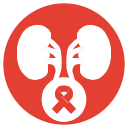
Polycystic Kidney Disease
Polycystic kidney disease is a genetic condition that causes your kidneys to grow a lot of fluid-filled cysts. Unlike the usually benign simple kidney cysts that may form in the kidneys later in life, PKD cysts have the ability to change the shape of your kidneys, potentially making them much more significant.
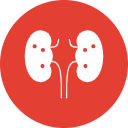
Acute Kidney Failure
Acute kidney failure is defined as a sudden loss of kidney function. Waste products accumulate in the blood as a result of the kidneys' difficulty maintaining the right fluid balance. Other organs like the heart, lungs, and brain may also be affected.
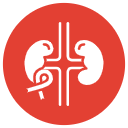
IgA Nephropathy
IgA nephropathy, also known as Berger's disease, develops when IgA deposits accumulate in the kidneys and cause inflammation that harms the kidney tissues. IgA nephropathy damages the kidneys by attacking the glomeruli.
Why Choose The Positive Homoeopathy?
Each day, over 50+ patients engage in conversations with a The Positive Homoeopathy doctor to uncover the underlying causes of their health concerns and receive tailored treatment right at their doorstep. Here are the factors contributing to the trust of millions worldwide.

25000+ Happy Patients

Certified Doctors

100% Safe & Natural
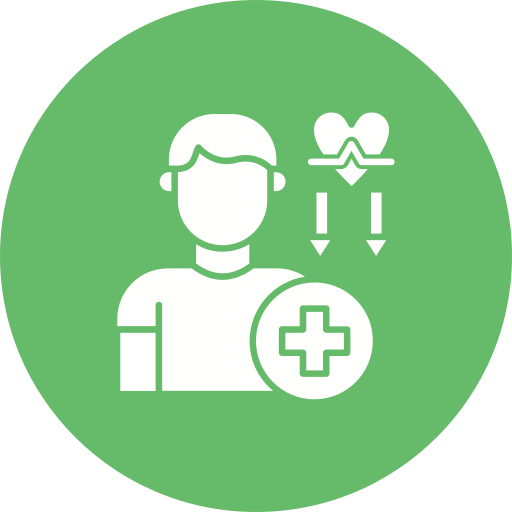
NO Side Effects
Medical tests to Diagnose Kidney Disease

Blood Test
Certain substances, like urea and creatinine, which the kidneys normally filter out as waste products, can be measured in the blood through blood tests. Higher levels of these substances indicate kidney dysfunctioning.

Urine Tests
Urine testing can be used to assess kidney health or injury by measuring the amount of protein and other components in the urine. A urine test can also help detect urinary tract infections and other conditions affecting the kidneys.

Imaging Tests
Images of the kidneys and surrounding structures can be produced using tests like ultrasound, CT, and MRI scans. These tests can help to identify abnormalities in the size, shape, or structure of the kidneys, which can indicate kidney disease.

Biopsy
To collect a tiny sample of kidney tissue for examination, a kidney biopsy may occasionally be necessary. It can help diagnose specific types of kidney disease, such as glomerulonephritis, which can only be confirmed through a biopsy.
Tips for Managing Kidney Disease

